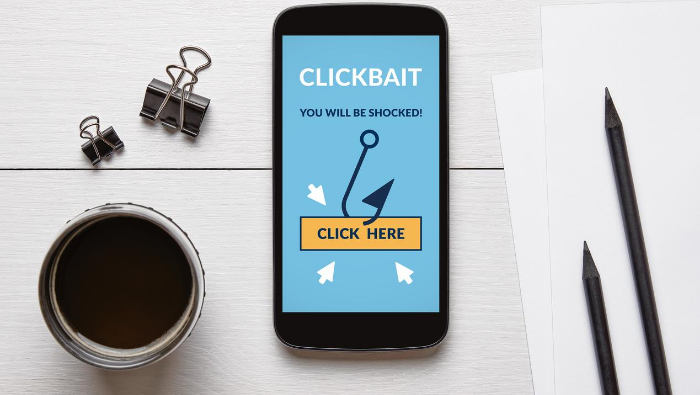I admit. I fell for it. When I’m not working, not running around with baseball mom duties, or out laboring in my weed-infested flower beds (futile, by the way), I can be found hiding away on my phone checking social media. It’s my version of watching TV or reading a magazine. My sanity and secret splurge. I indulge. The other day, when I saw a juicy article heading, something about a famous couple in the spotlight, I didn’t even hesitate. I took the bait and clicked. Not surprisingly, this is where my fun ends. The article was ridiculous. My common sense jumped in, as usual, and found pretty much every unfounded assumption and unsupported fact. Leave it to critical thinking to spoil the fun.
This “fake news” incident ran through my mind yesterday as I was doing research for an upcoming presentation on Critical Thinking. I ran across a Forbes article stating that 62% of American adults use Social Media as their main news source. Sure, it’s not often that I pick up a newspaper these days for my physical news, but I wonder what social media resources we are relying on to make important decisions at work. And I’m hoping it’s not the same site as my celebrity gossip clickbait.
The ability to research facts through reliable sources is essential – especially in 2020. And once we compile that list of fact-based research, from vetted sources, it is imperative that we apply critical thinking skills to sort through the information and determine how it will impact our decisions.
As HR and business leaders, if we were to believe every COVID-19 theory passed off as fact, we would likely be out of business by now. It’s easy to find an article to support any bias there is. Make it a habit – for yourself and your team – to determine which sources you will rely on. Verify the information on those sites. Verify the sources. Is it the CDC or a well-intentioned blogger? Want to know about the implications of a recent court decision on your current policies? Skip the FAQ’s and headlines and search for the original court document. Make your own decision. And talk to people. We gain better understanding by “bouncing” what we read and interpret off of others who may infer the information differently. Create your diversity & inclusion initiatives based on facts and talk to your team. Don’t rely on the emotions and biases of social media to impact your actions.
Think critically. Rely on facts. Talk to people. And don’t make important decisions based on the same clickbait I indulged in.
Go Be Great!


